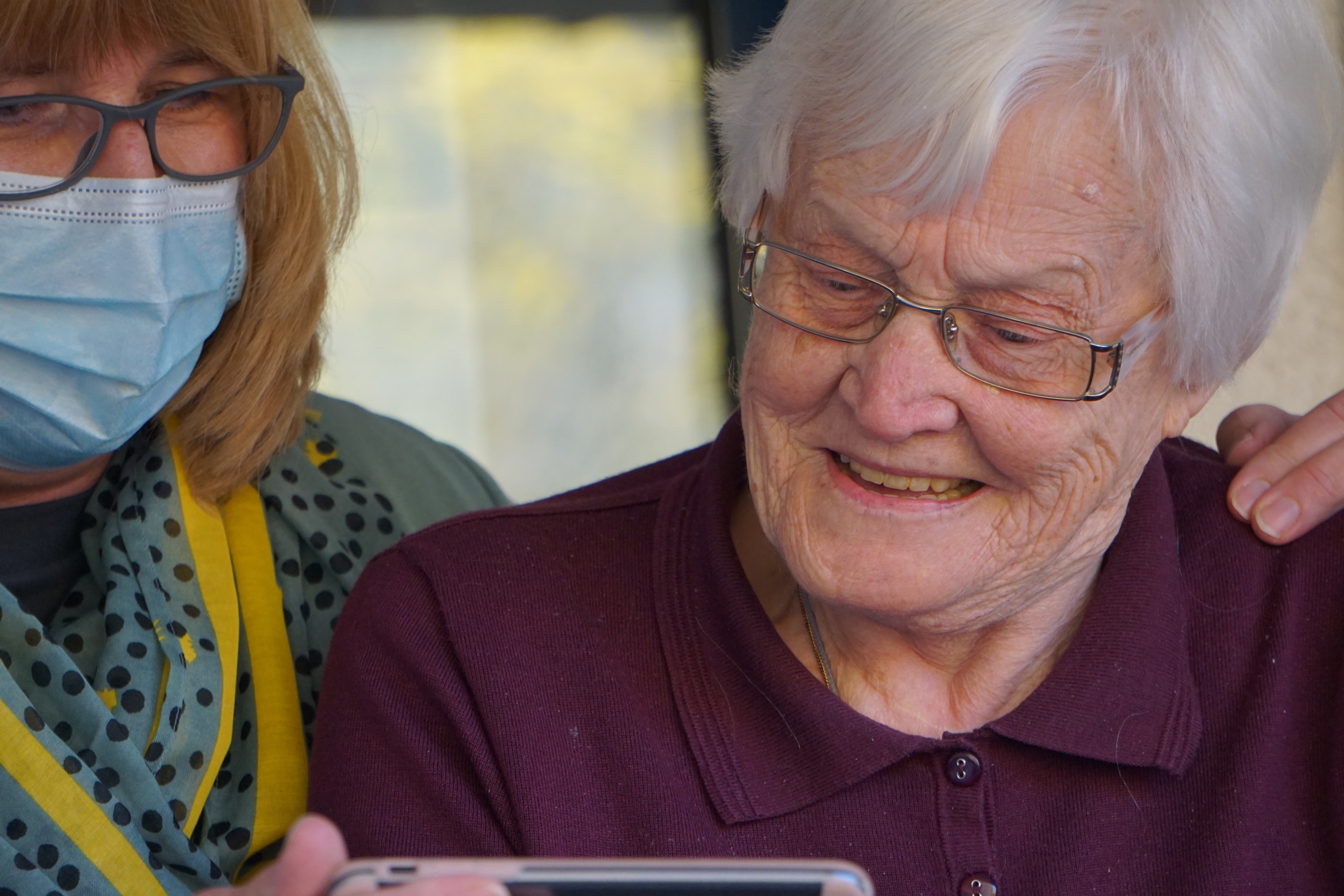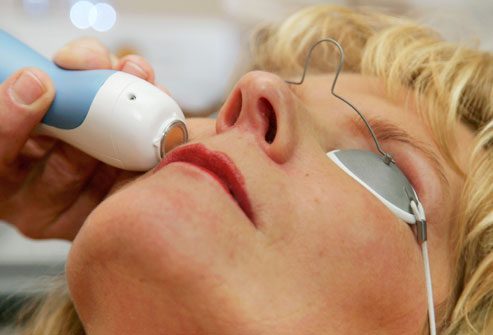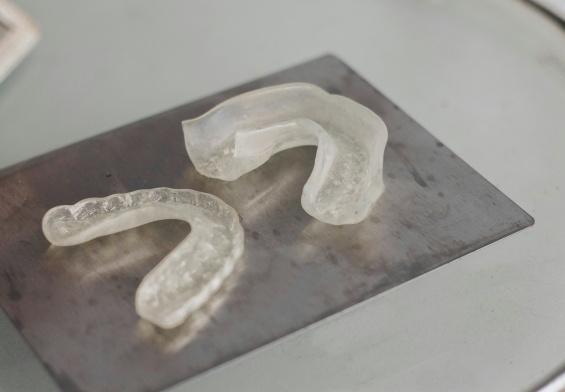Your elderly loved one may have trouble adjusting back at home if they were just admitted to the hospital. You might need to assist your senior in adjusting from hospital life to life at home, depending on the diagnosis and treatment plan. Not only do aging bodies heal more slowly, but there are also many instructions for follow-up appointments, physical activity, prescription regimens, food restrictions, and decreased mobility, which makes it difficult to keep track of everything following a hospital stay. So how can one effectively support an aging loved one during a hospital stay?
Nearly one in five released patients needed support with something that could have an impact on their rehabilitation, according to a recent study from IPC, The Hospitalist Company. Bringing in professional in-home caregivers during the transition from hospital to home actually decreased hospital readmissions, according to other similar research. In this article, we will delve into the top tips and strategies for navigating the transition from hospital to home.
Make Sure You Ask Questions During Hospital Discharge
Seniors and their in-home caregivers may leave the hospital feeling bewildered and burdened by the frequently overwhelming discharge process. A seamless procedure—as well as receiving precise instructions—can lessen the likelihood of a readmission to the hospital.
Before your elderly loved one departs the facility, you should ask them the following questions:
What information regarding their health do I need to know before releasing them?
Make sure you ask the hospital staff for all details regarding the condition of your loved one. Recognize the conditions for which they have been diagnosed and the type of care they have gotten at the facility. Find out which symptoms call for a visit with a medical practitioner.
Has the medication changed in any way?
One of the biggest causes of readmissions to the hospital for seniors is medication mistakes. Make a request for a list of all prescription medications from the hospital staff. Verify that you comprehend the dosages and suggested timings. Verify which medications your loved one should stop taking as well.
What appointments do you need to make soon?
Obtain a schedule of your forthcoming doctor’s appointments and put it on your calendar. Make follow-up appointments so that a doctor can make sure the patient is recovering as planned and avoid having to visit the hospital again. Try to bring your loved one along to these appointments, if at all feasible.
What other kind of assistance is advised?
After a hospital stay, many elders require non-medical support, such as assistance with movement, dressing or bathing, and other housekeeping duties. Find out from the medical staff what kind of in-home elder care assistance your loved one needs. Find out what chores they should complete alone as well. Being unable to perform these duties could indicate deteriorating health.
Is it possible for the hospital to give detailed discharge instructions in writing?
Prior to being released from the hospital, make sure you have written instructions that are simple to read and comprehend. Discuss the instructions with the staff if you are having trouble understanding them. Make copies so you and your loved one have the same information and revise them if needed to make them easier to understand.
Make Home as Comfortable and Welcoming a Possible
When transitioning from hospital to home, it’s important to make your senior as comfortable as possible to not only make it easier for the in-home caregiver, but more enjoyable for the senior as well. If your senior underwent surgery after suffering a hip fracture and ended up in the hospital, it is likely that they will have mobility issues and it may take many months for them to regain complete mobility. Should your senior be incapable of ascending the stairs to the bedroom, consider renting a hospital bed from a medical supply provider, allowing them to rest on a first-floor bed.
Another good idea is to stock up on your senior’s favorite foods and snacks. Even though hospital food is nourishing, your loved one might not enjoy it. Weight loss is a common side effect of hospital stays, and if your loved one is allowed to eat the foods they prefer, they may quickly gain back the weight they lost.
The cause for hospitalization will determine whether your loved one can walk to the bathroom. If they are unable to, it is a good idea to have a bedside commode so your senior can use the restroom as soon as possible. The possibility of embarrassment in the event that your loved one can’t use the regular restroom and has an accident on the floor may also be reduced by using a bedside commode. In order to prevent your loved one from having to get out of bed to urinate, make sure you also provide him a plastic urinal container if he is a man.
It’s also important to remember that seniors’ hospital stays aren’t always peaceful. They are frequently woken up in the wee hours of the morning to have their vital signs checked, and occasionally they have to endure traumatic diagnostic procedures. Your loved one may hear phones and talking all day long if their hospital room is next to the nurses’ station. When your senior comes home from the hospital, make sure they take frequent breaks so they get the rest they so desperately need.
Consider Hiring an In-Home Caregiver
It is imperative that patients receive proper post-operative care after a hospital stay. Following hospital release, there is a considerable rise in the risk of medication errors, falls, and the requirement for pain management. In-home caregivers who have dealt with hospitals know exactly what to ask the medical coordinator, discharge planner, or nurse to create a customized care plan that works for every circumstance.
Caring for a loved one after a hospital stay can be very overwhelming, as life often throws you curveballs. Hiring an in-home caregiver can provide you with the peace of mind that your special senior is receiving the best care possible with a customized care plan. In addition to asking the right discharge questions, in-home caregivers can help with prescription pick-up and errands, accurately time medication and dosage, assist with grocery shopping, provide reliable transportation to and from follow-up appointments, help with physical and occupational therapy, provide assistance with mobility, and so much more.
From Home to Hospital: In-Home Caregiving for Seniors
In conclusion, providing in-home care for seniors following a hospital stay is incredibly beneficial to both their mental and physical health. It is important to ask your senior’s medical team for all necessary post-operative information, which is why hiring a professional in-home caregiver who knows how to navigate the hospital transition is often the best choice. The transition from hospital to home can become overwhelming, which is why it is imperative to have a personalized care plan in place pending release. Knowing your senior is in good hands will make this a more seamless process for all involved.




